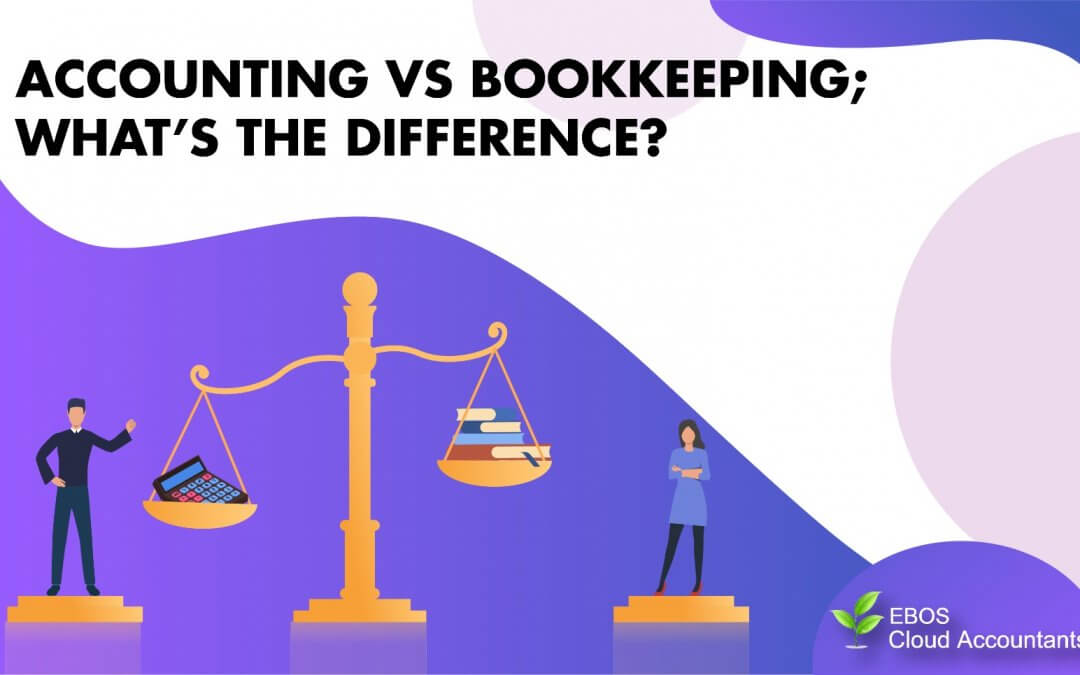Contrary to popular belief, Bookkeeping and accounting are two separate roles that play a crucial part in any business. If you are not in the profession, most people would find it hard to differentiate between each process. While both bookkeepers and accountants share common goals to improve the business’s financial health, they typically go about it in different stages of the financial cycle.
Bookkeeping vs Accounting
To put both in contrast, Bookkeeping is the process of identifying, measuring, and recording the financial transactions of a business’s day to day operations in the accounting software the company utilizes. Bookkeepers also provide internal support, including paying bills, invoicing clients and payroll.
While an accountant is a process of summarizing, interpreting, and communicating financial transactions to key stakeholders, owners and business executives to enable them to make informed business decisions going forward for the growth of their company.
Common Misconceptions between bookkeepers and accountants
While the line between accounting and bookkeeping might be blurred due to the advancement of cloud accounting technology that has improved over the years, it is commonplace to see bookkeepers taking on the basic duties of an accountant due to such reasons as;
– Having a lack of manpower in the company
– Most bookkeeping tasks are able to be handled by Cloud Accounting software
– Bookkeepers needing to provide value-added services
Unlike bookkeepers, to qualify for the title of an accountant, the individual must generally have a bachelor’s degree in accounting or finance and are also eligible to acquire the title of Certified Public Accountant (CPA).
Conclusion
With that said, having both a bookkeeper and an accountant ensures that you receive the best advice for your business as they both work hand in hand, helping business owners become more profitable. With the perspectives of both positions, you get an overall view of your finances, giving you peace of mind.
Hence, why most business owners hire professional accountants in their company to help manage their finances, understand tax filing requirements, and offer strategic advice to maximize profits or minimize their tax liability so that they are free to focus on the parts of their business that they really have passion for.







